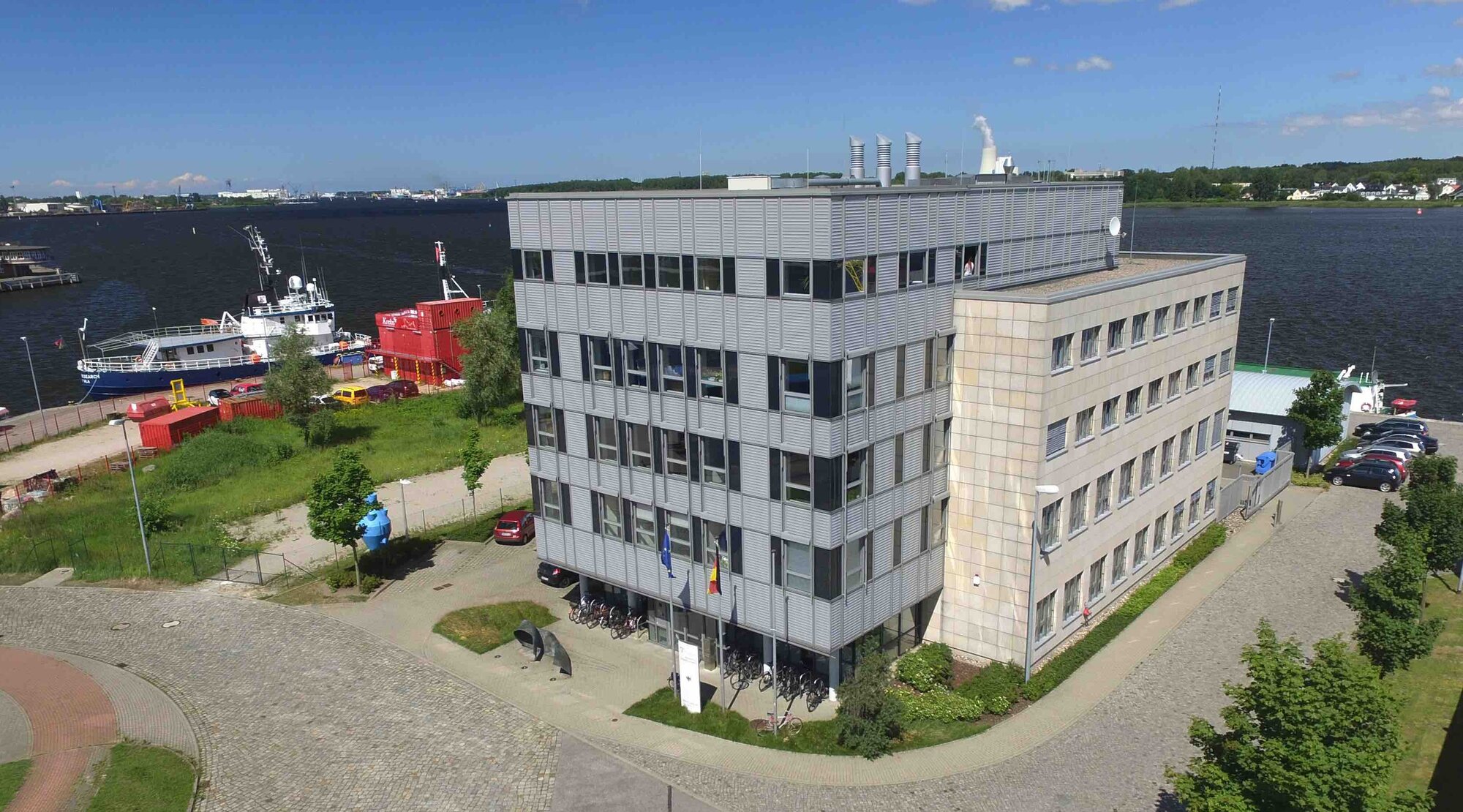Our primary working area is a very special sea: the Baltic Sea, the largest brackish water area on earth. Due to the low salinity, its marine fauna is species-poor, interactions between the main species are simple. Fisheries, too, are diverse but simply structured. Small-scale coastal fishing characterises the mostly structurally weak coastal regions of the riparian states. These characteristics make the Baltic Sea an ideal test area for new approaches to data collection and fisheries management.
Direct recipients are German and European policymakers. However, many approaches can be implemented far more quickly with the participation of industry, consumers and environmental associations. By supplying these groups with scientific findings, we seek to facilitate the public discourse with scientific facts. We are heavily involved in the development of standardised evaluation methods, for instance, as part of sustainability certification.
We focus on the following areas:
- Groundwork: we investigate the reasons for fluctuating reproduction rates of the most important herring stock for German fisheries, which spawns mainly in the internal coastal waters of Mecklenburg-Western Pomerania. Our data set on offspring production spans more than 35 years and is one of the longest running and most valuable in recruitment research. Cod represents another important fish species. We focus our work on growth, fecundity and stock separation of the two stocks in the Baltic Sea. This includes marking of ear stones (otoliths) of individual fish and chemical analysis methods. The goal of all these activities is to make precise stock calculations and forecasts.
- Data: we record direct human impact on commercially used fish stocks as well as the effects of fishing on the marine environment. We likewise record discards and the motivation behind this behaviour, the survival rates of discarded fish, and how much recreational fishermen catch who do not have to report their catch volumes.
- Fisheries management: we develop and test approaches for fostering the desirable behaviour of fishermen through incentives. In 2015 the regulations of the reformed EU Common Fisheries Policy will be introduced beginning in the Baltic Sea. We will investigate this process and provide scientific advice to policy makers and administrative bodies to help implementing the landing obligation.
- Fishing and survey technology: we develop environmentally-friendly, energy-efficient fishing gear, in addition to automated methods of data collection. They help us to meet the requirements concerning data volume and precision which support the implementation of an ecosystem-based approach to fisheries management. Some of the methods can also be used for monitoring marine mammals or enable fishermen to document compliance.

![[Translate to English:] [Translate to English:]](/media/_processed_/d/7/csm_Startseite-OF_03_c0dfd6e750.png)
![[Translate to English:] [Translate to English:]](/media/_processed_/a/3/csm_20181116-151457-Stella-Jerome-Fischfalle-Warnem%C3%BCnde-Dorsche-im-Netzk%C3%A4fig-5691_heller_3050c72fa2.png)






